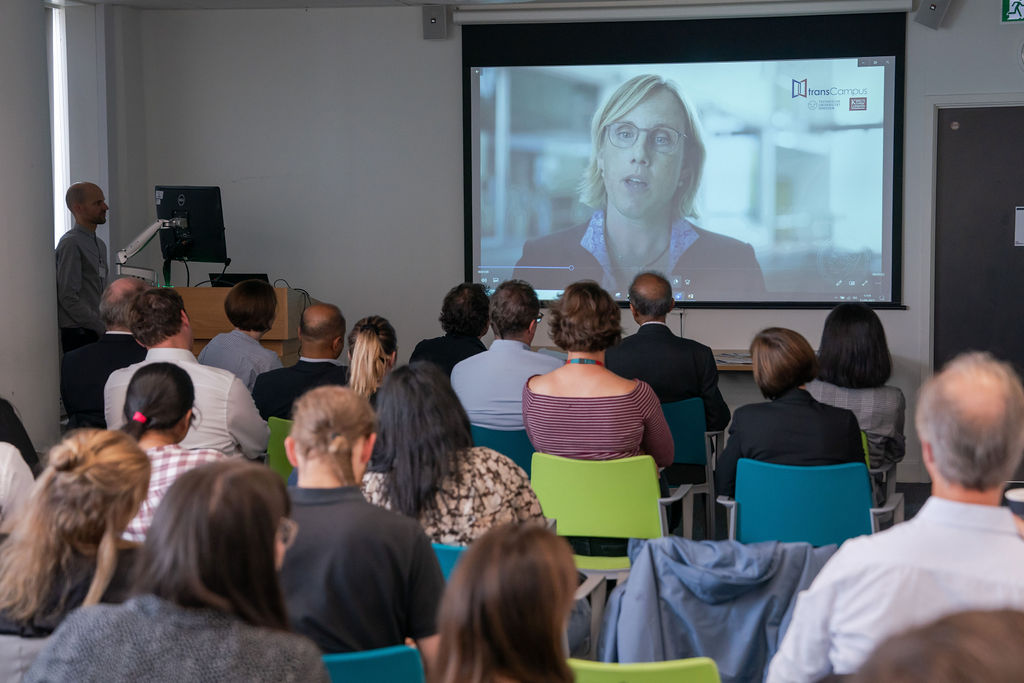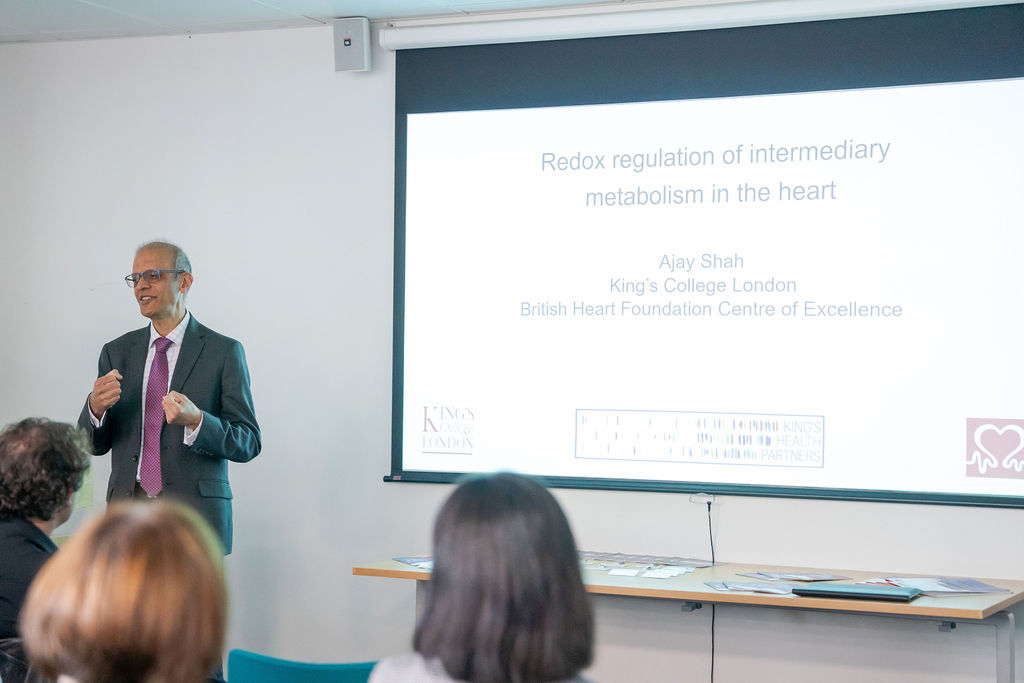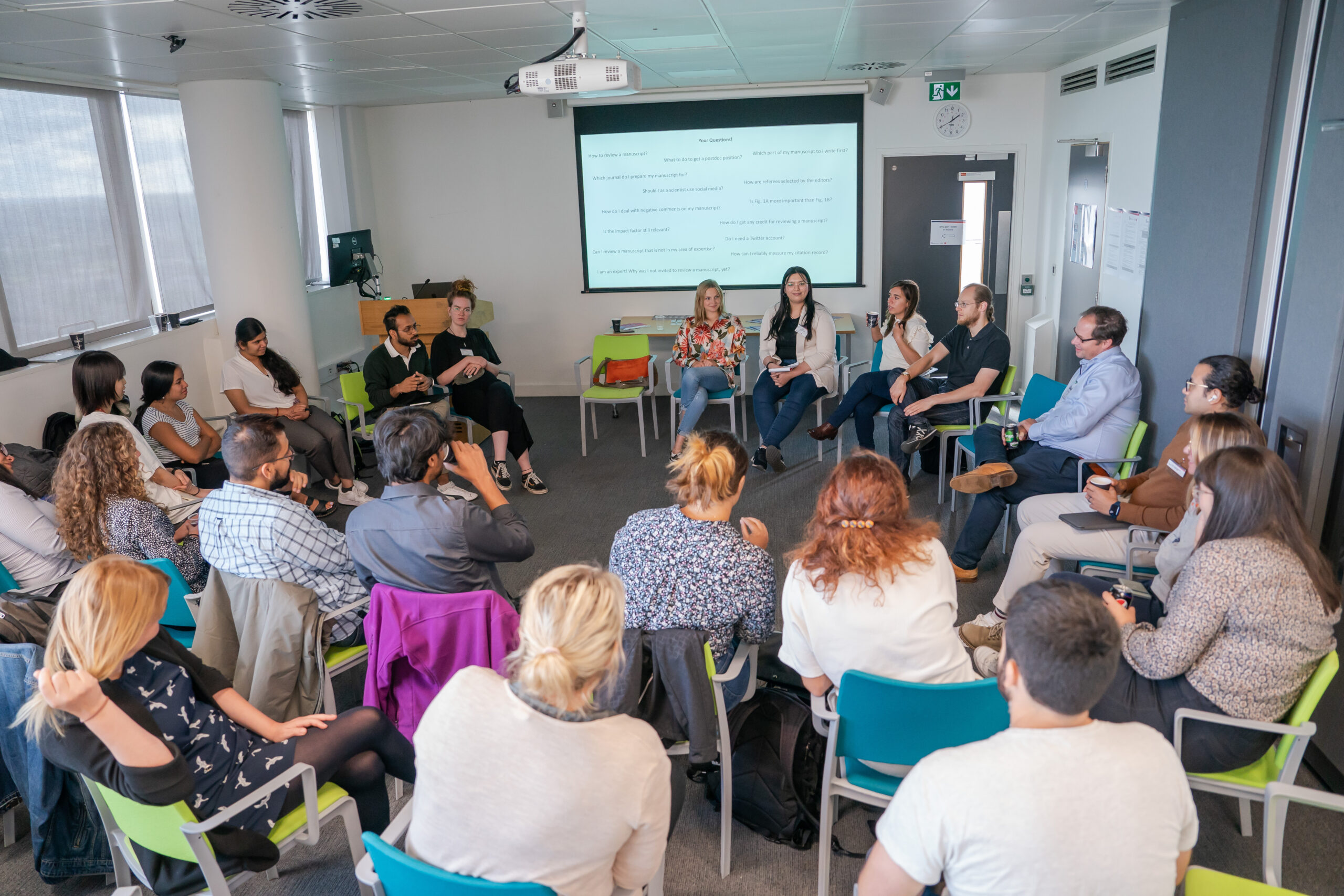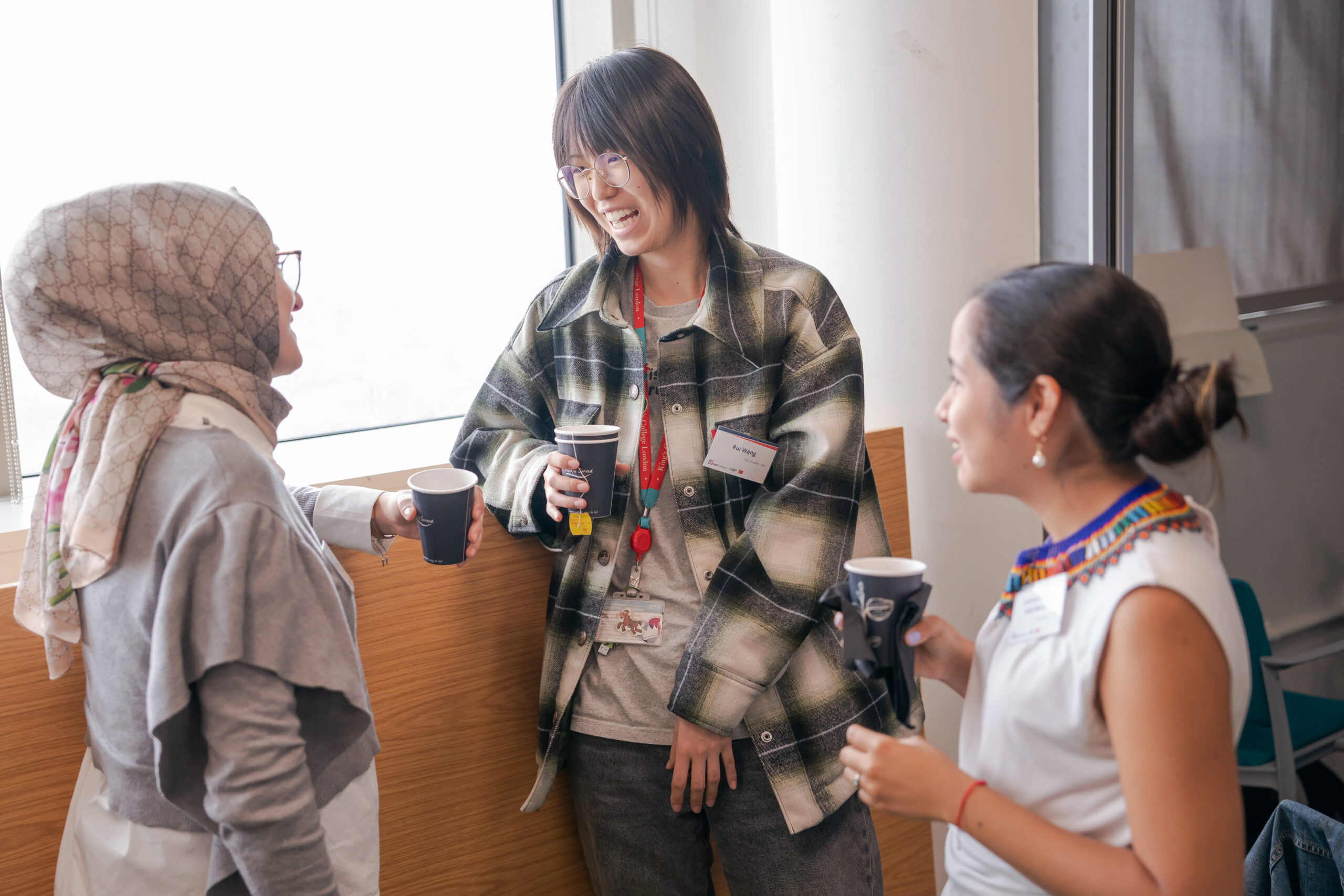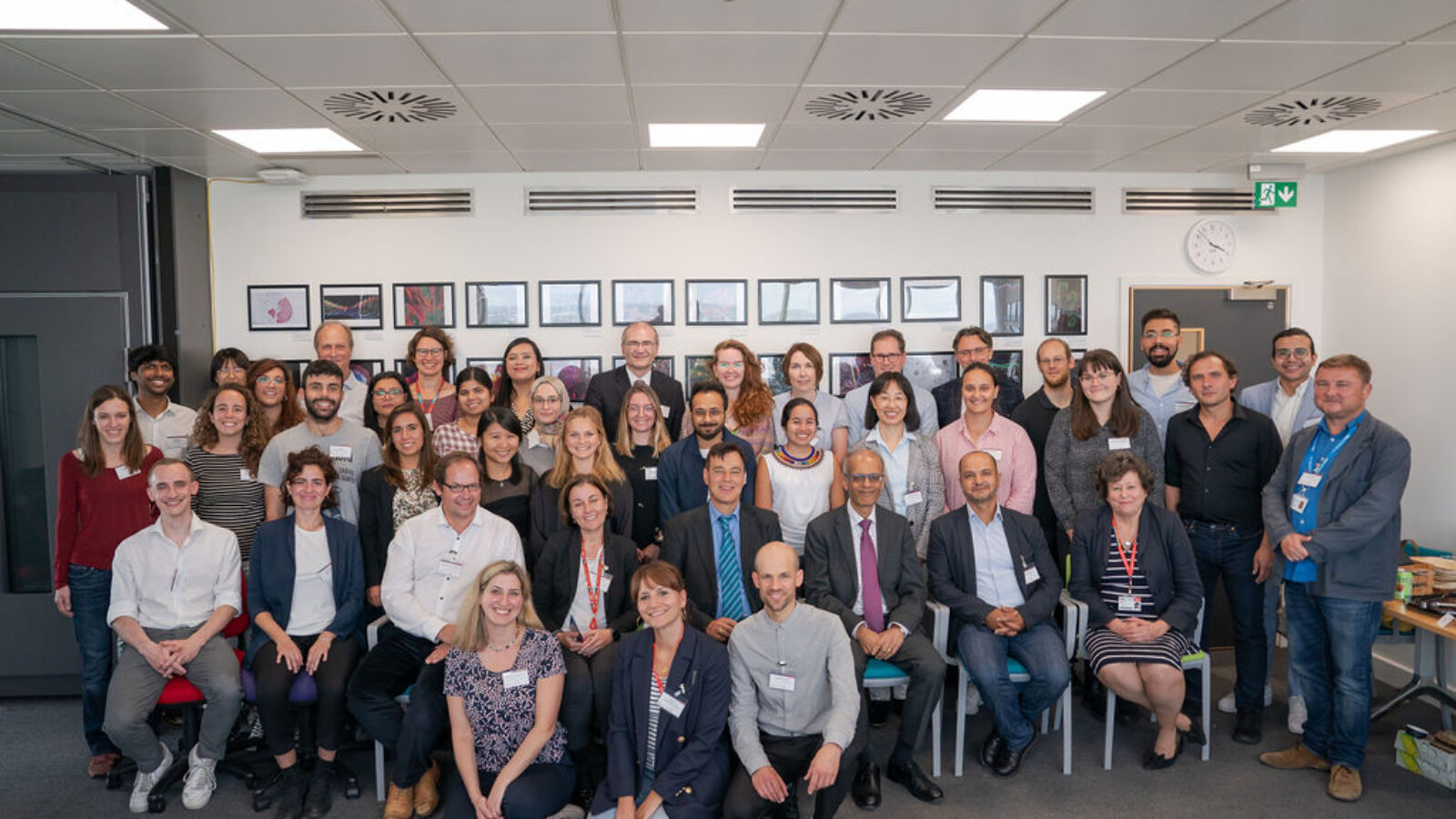After more than 2 years global COVID-19 pandemic with stay-at-home orders, quarantines and social restrictions, the members of the IRTG 2251: ICSMD finally reunited for their 4th Annual Meeting at King’s College London in September, 2022.
The IRTG 2251 spokespersons Stefan Bornstein and Kaomei Guan (TUD) and Rochio Sancho and Lucilla Poston (KCL) welcomed over 60 participants from both partner institutes to this special event. Following a warm welcome and overview of the IRTG 2251 and transCampus, the students presented their projects and received constructive input and valuable feedback from their Dresden and London PIs and fellow PhD/MD students.
It was a special honor to welcome Ajay Shah, KCL Executive Dean of the Faculty of Life Science and Medicine, as invited keynote speaker at the meeting. After welcome laudation by Esther Troost, TUD Dean of the Faculty of Medicine, Professor Shah gave an inspiring lecture about “Redox regulation of intermediary metabolism in the heart”, followed by lively and enthusiastic discussions.
As highlight of the meeting, our special workshop “Scientific Publishing – expand your box” was performed for all the IRTG students. Marta Koch, Editor-in-Chief “The Lancet Diabetes and Endocrinology” and Andreas Linkermann, Senior Editor “Cell Death and Disease” talked about their personal career, their work as editors and gave behind-the-scenes insights into the publication process. In the open and interactive round-table discussion, students asked all their questions, the researchers gave advice to the students and prepared them for the challenges in the publication process and their career path.
The progression of the IRTG 2251 itself is astonishing: Over the last years, the number of students constantly increased to a total number of 66 PhD/MD students from 20 different nations. We also welcomed new KCL students to the team during this event. They had the opportunity to meet their cooperation partners from TUD as well as all other current IRTG students in person. Despite the difficulties of the COVID-19 pandemic, the joint-supervision structure is functioning very well and by now 50% of the students obtained a Joint PhD from TUD and KCL. The collaborative projects worked closely and published in total over 150 papers with several joint papers of both partner institutes till today.
To sum it up again: the retreat was all about the students, their projects and their scientific career. It created the ideal platform to get in touch with the respective partner institutes and to hold strategic discussions about the collaborations. This event presented the students’ excellent research progress that benefits from the cooperation, incentivized new project ideas of the new student cohort and strengthened the scientific ties between the two partner institutes.
